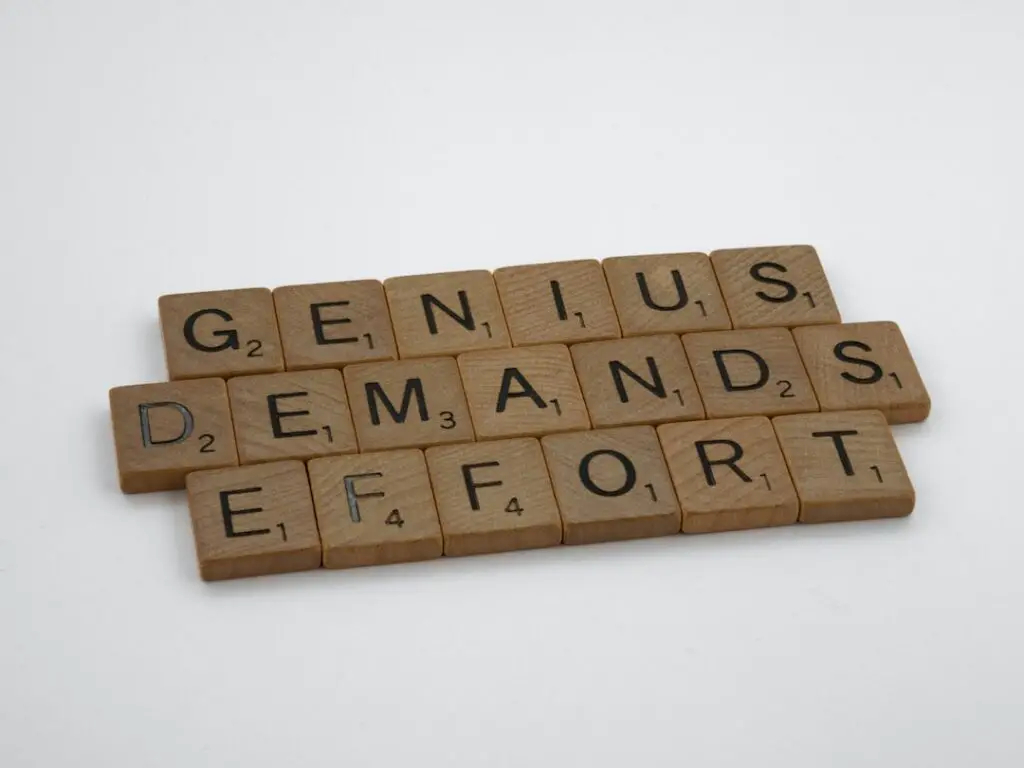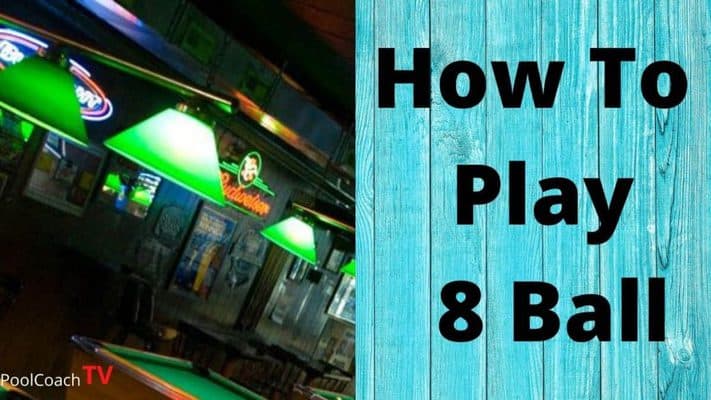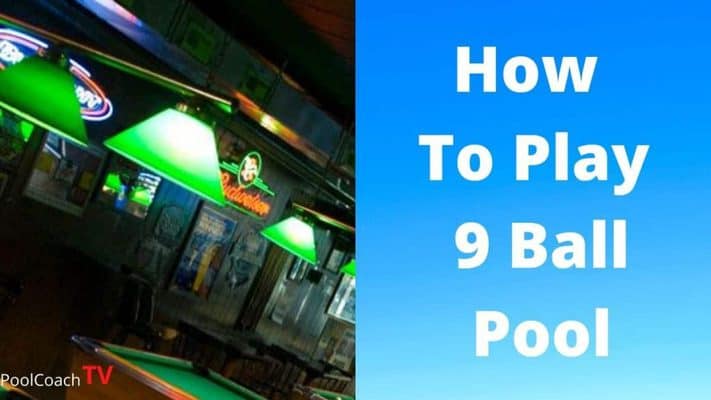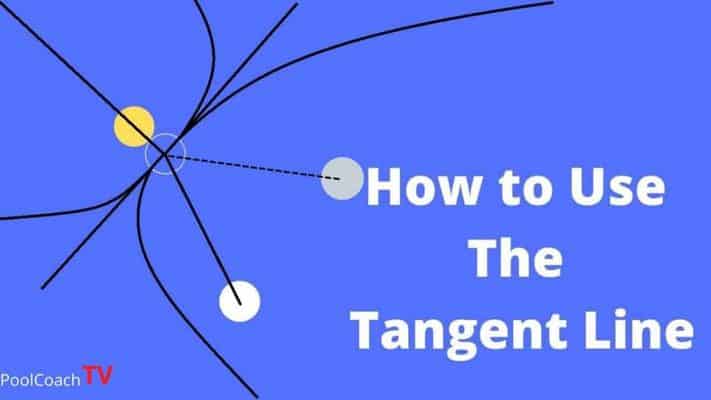Successful players must learn how to practice pool like a professional. Practicing pool is a learned skill just like any other game skill.
Practicing like a professional pool player means having a plan and taking the appropriate action toward a goal.
Getting on a table and playing multiple games of 9 ball will keep you playing in stroke, but will not improve your game anywhere near the results of purposeful practice.
Playing endless games against the ghost is slightly better but not effective use of your practice time.
Learn to Play the Same In Practice as You Do in a Match.
So, “play the same in practice as you do in matches“. what does that mean?
It means that you should play the same shots in the same way.
Let me give you an example:
I was playing a shot at the end of a match and for some reason I decided to be cautious and roll the ball down the rail for the win. Nothing wrong with that you might say but actually it was a big mistake for me.
The reason was that I had never played that type of shot before either in practice or in a match. Consequently, the shot was uncomfortable and I had no muscle memory to rely upon.
Of course the ball bobbled in the pocket opening leaving an easy win for my opponent and I remembered thinking to myself at the time… “Why did you play the shot like that?”
Proper Meaningful Practice.
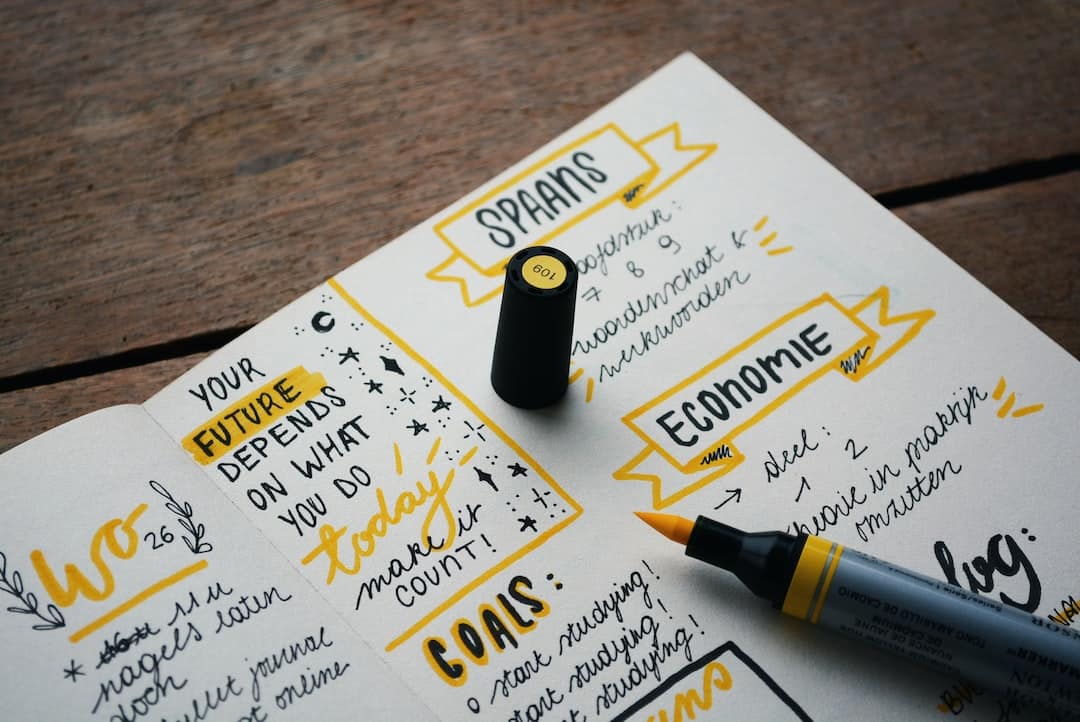
Proper practice should include:
- Areas of weakness such as shots that you miss on a regular basis.
- Fixing stroke problems that you may be having.
- Position problems that came up in recent games.
- The break, this so important in nine and ten ball.
Good players often make notes in a journal of any areas of weakness to be worked on at a later practice session.
Don’t forget to video your practice, I know that you have a camera on your cell phone.
The Importance Of Feedback.
Good practice should include:
- Goals – What do you want to improve, and what skills.
- Drills – What to practice, shot set up, specific drills.
- Feedback – Immediate and honest, coach/video feedback.
- Adjustment – Adjustments to skills based on feedback.
- Resolution – Continue the process until successful completion is attained.
This is a useful rule of thumb.
If a change works immediately it is usually a good move to incorporate that change into your game. However, if you have to work for days to see a result, the change is usually wrong.
Why Practice New Skills?
In a previous article about the video analysis of my stroke, I came up with several issues that needed my attention. These issues will obviously be addressed during numerous practice sessions rather than trying to fix them during serious matches.
Why is this necessary, why not just try out new techniques during a match? The reason is that during match play your actions need to be performed on autopilot by your subconscious whereas practice should be more mechanical and conscious until fully automatic.
What About your Your Pre-shot Routine?
Your pre-shot routine should be consistent, use it when you practice to get your routine down for when you are in a match. Use the same procedure, movements and tempo over and over again in practice until you are doing this by rote.
Your PSR should be performed without wasting any thought process, in other words subconsciously.
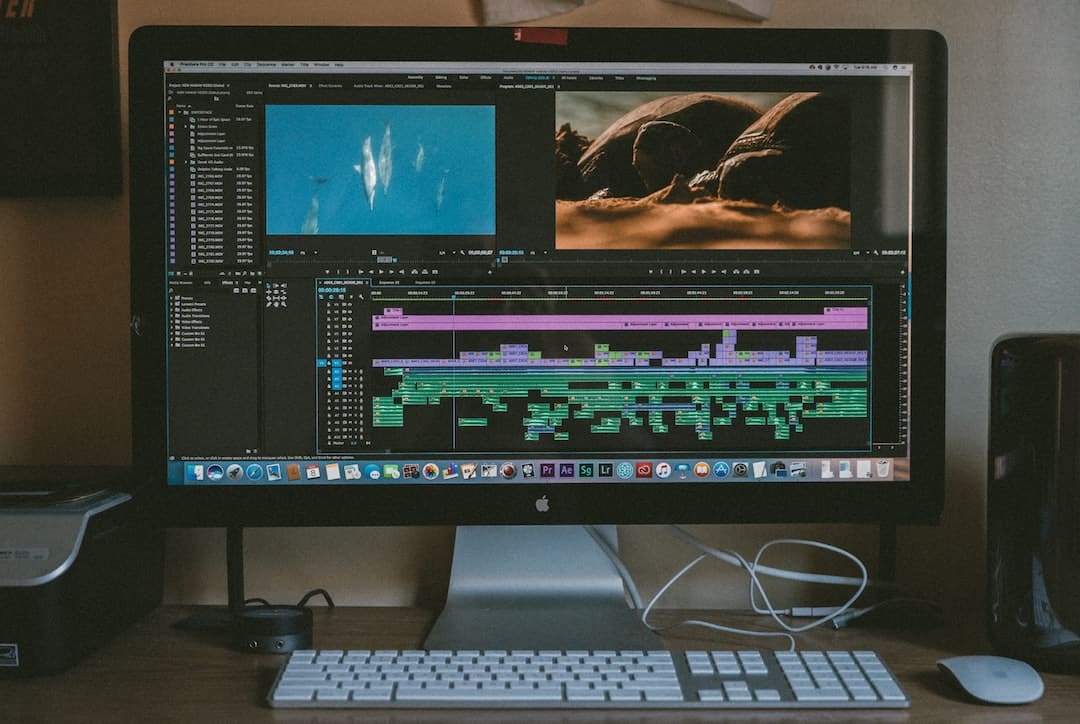
What Am I Going To Change During Practice?
I am going to work on the following areas that I identified earlier:
- Cue Level, chest to cue.
- Eyes on the object ball.
- Cue Slowly back.
- Accelerate through the ball.
- Keep still.
- Keep Head Down.
- No tension.
This is a long list of issues but can be practiced at the same time as they all relate to reliable cue delivery. They are all fundamental to good form. Come back to these areas often especially if you are not playing well.
Organize Practice In A Logical Way.
- Start your video from the side.
- Set up a straight shot and mark the ball positions with paper doughnuts.
- Walk into the shot with cue online bringing your chest down to my cue.
- When ready, bring the cue back slowly, pause, keeping your eyes fixed on the object ball.
- Whilst staying still accelerate the cue towards the ball, follow through and stay down.
Play 10 repetitions of the same shot. Play slower and more deliberately than usual thinking about the steps and the results that you are trying to attain.
Watch your videos in a critical manner noting areas that need more attention and those which are being performed in accordance with your goals.
Repeat making the necessary adjustments. Continue with the video feedback.
How Often do Professional Pool Players Practice?
It is true to say that you will need more practice earlier in your career than later. This is because earlier you will be learning techniques and grooving long-term muscle memory. Once you have overcome the initial period, practice times can be reduced as needed.
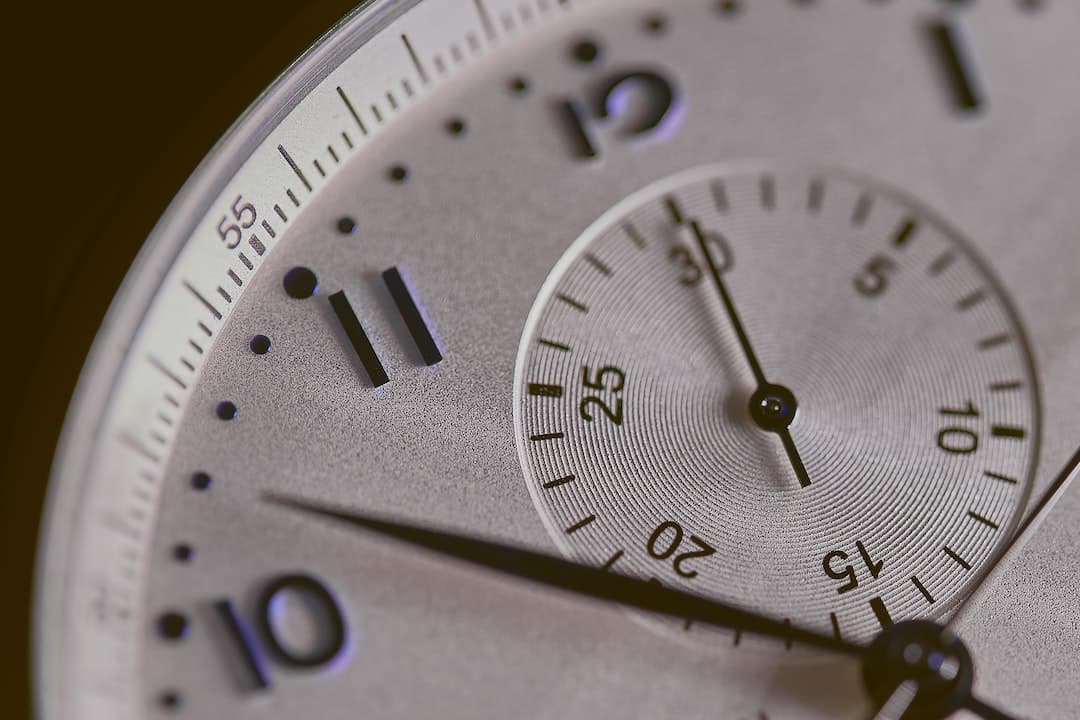
However many players start off practicing 8 hours a day and continue well into their later careers. World champions like Shane Van Boening can be found at the practice table many hours longer than would be expected. Ko Pin Yi says that he does nothing but play pool, eat and sleep.
Divide Your Practice Time into Sensible Sections.
This involves goal setting as mentioned earlier, but in more detail. If you only have 2 hours to practice this week make sure that you are dividing up your valuable time into bite sized pieces. Put emphasis on the particular areas where you need the most work.
Also don’t spend too long on a particular skill trying to perfect it before moving on to the next one. Doing this causes frustration and wastes time which could be spent on the other skills.
How Long Will It Take You to Succeed?
This is a difficult question to answer because we all learn at different speeds and some skills are harder to learn than others.
However, I would say that you need to practice skills for several days or weeks until you are performing the skill naturally and subconsciously. As an example, I once practiced a stroke drill at least a 100 times over a period of days until I had it grooved in completely.
There is no easy way to succeed at anything in life, you have to want it badly and be prepared to make sacrifices in order to achieve your goals.
